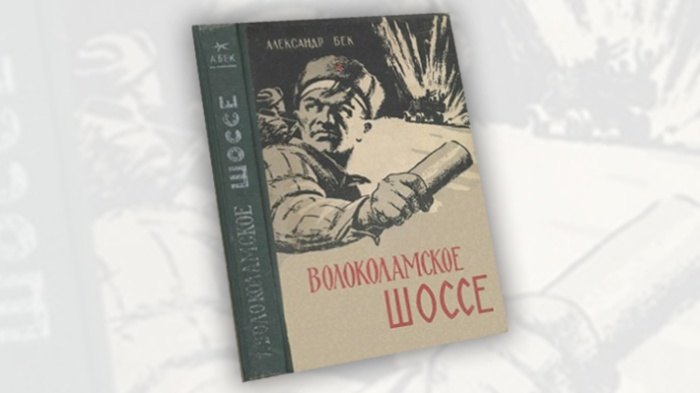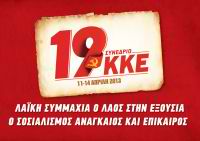Links to the old web pages of KKE
The peoples of the USSR then and now

In mid-January, in the distant year of 1942, the Battle of Moscow came to an end as the Red Army repulsed the Nazi hordes that had been advancing on the outskirts of the Soviet capital since October 1941. It was the first major victory against Nazism at the gates of Moscow and it opened up the prospect of victory over the fascist axis.
* * *
The Kazakh writer Bauyrzhan Momyshuly, who took part in the Battle of Moscow as a Major at the time (he was discharged with the rank of Colonel) and was later declared a Hero of the USSR, wrote the following about this heroic battle:
“What am I living for? Who am I fighting for? What am I prepared to die for, on this rain-washed land on the outskirts of Moscow? Why am I, a son of the distant steppes, a son of Kazakhstan, an Asian, here fighting for Moscow, defending this land where my father, grandfather and great-grandfather never set foot? I am fighting with a passion that I have never shown before and that no lover could have awakened in me. Where does this passion come from?
The Kazakhs have a saying. ‘A man is happy where he is believed, where he is loved.’ I recall another Kazakh proverb: ‘It is better to be at the bottom of the ladder among your kindred than to be a sultan in a foreign kindred’. For me, the Soviet country is my kindred, my homeland!
I, a Kazakh proud of the steppe people, their legends, their songs, their history, now proudly carry the rank of a Red Army officer, commanding a battalion of Soviet soldiers —Russians, Ukrainians, Kazakhs. My soldiers, obliged to unquestioningly carry out my every order, are still men equal to me. For them I am not the boss, nor a man of the ruling class. Our children go to school together, our fathers live side by side, we share the same hardships and sorrows of a hard time...
That is why I am fighting on the outskirts of Moscow, in the land my father, grandfather and great-grandfather never set foot on!”
* * *
The heroic advance of the battalion under the command of Bauyrzhan Momyshuly is described in the historical novel “The Volokolamsk Highway” by Aleksandr Bek, published by “Synchroni Epochi”.
What would Bauyrzhan Momyshuly say today, if he knew that the children of Kazakh immigrants, i.e. those who were forced by the impasses of the capitalist path to find themselves far from the steppes of Kazakhstan, this time to earn a living in Moscow and other Russian cities, are confronted with the unacceptable law that forbids the children of immigrants to go to Russian schools unless they prove that they know the Russian language well? That it is the “individual responsibility” of the immigrant parents to ensure, among other things, that their children learn Russian so that they can go to school in the place where they work?
What would he say if he saw that two peoples, the Russians and the Ukrainians, who once fought together against fascism, which is flesh of the flesh of capitalism, are now killing each other so that the capitalists can get their hands on the lithium, uranium, oil, natural gas, coal, iron and rare earths deposits, on mineral wealth in general, as well as on the ports, the factories, the networks and everything that was once the common property of the Soviet peoples and supported their common prosperity? Surely that would make his blood boil!
* * *
He would ask himself, of course, how we got here and how it is possible that all this is happening today. But also why the peoples, who have the power, the historical experience and the knowledge, allow the bloodshed for foreign interests, nationalism and racism, class exploitation of man by man, class barriers to education and all the other social impasses of modern capitalist society to be revived.
Then he would certainly return to the fight, not to support one side or the other of capitalist interests, as we see the Western mercenaries doing these days in Ukraine (in the name of the NATO’s false "freedom" and the “fight against Russian revisionism”), or the Serbian nationalists in Russia (in the name of pan-Slavism and Orthodoxy), but to consign capitalism and the barbarity it spreads to the dustbin of history once and for all…
By Eliseos Vagenas, member of the CC of the KKE and Head of the IRS of the CC of the KKE
Published in the daily “Rizospastis”, organ of the CC of the KKE, on 14/1/25







